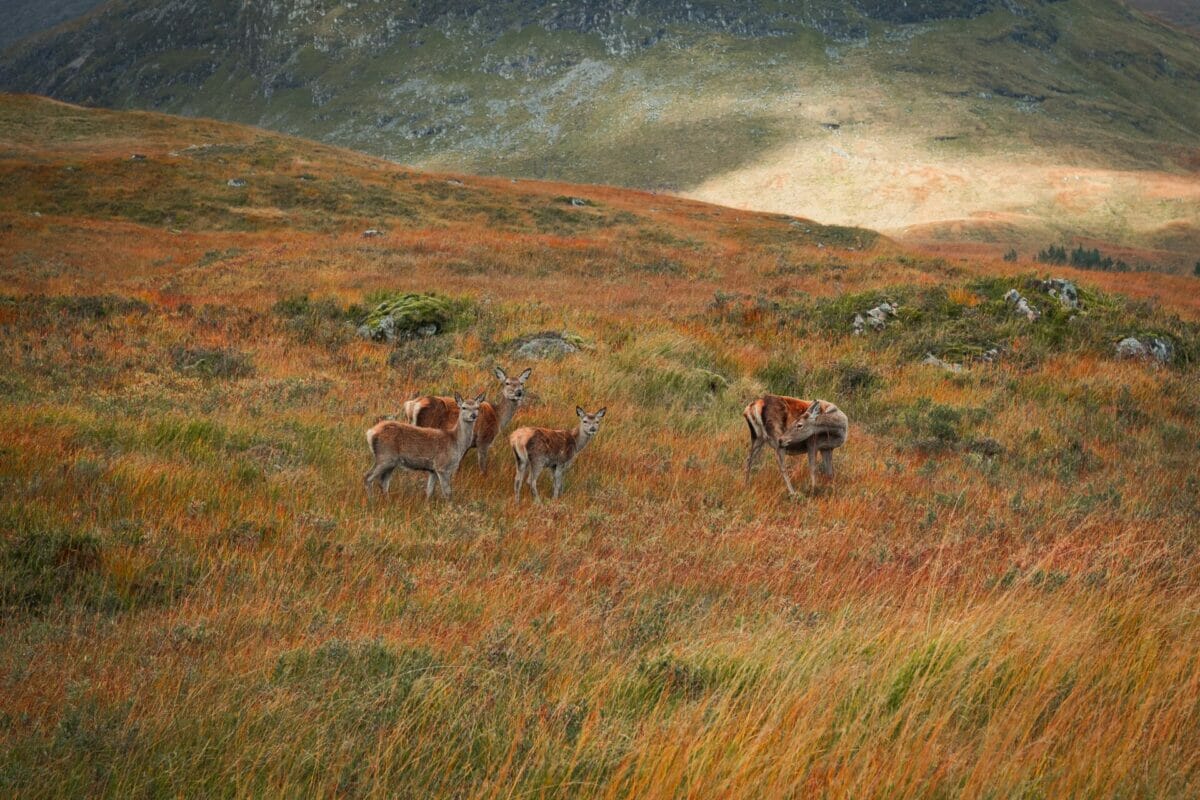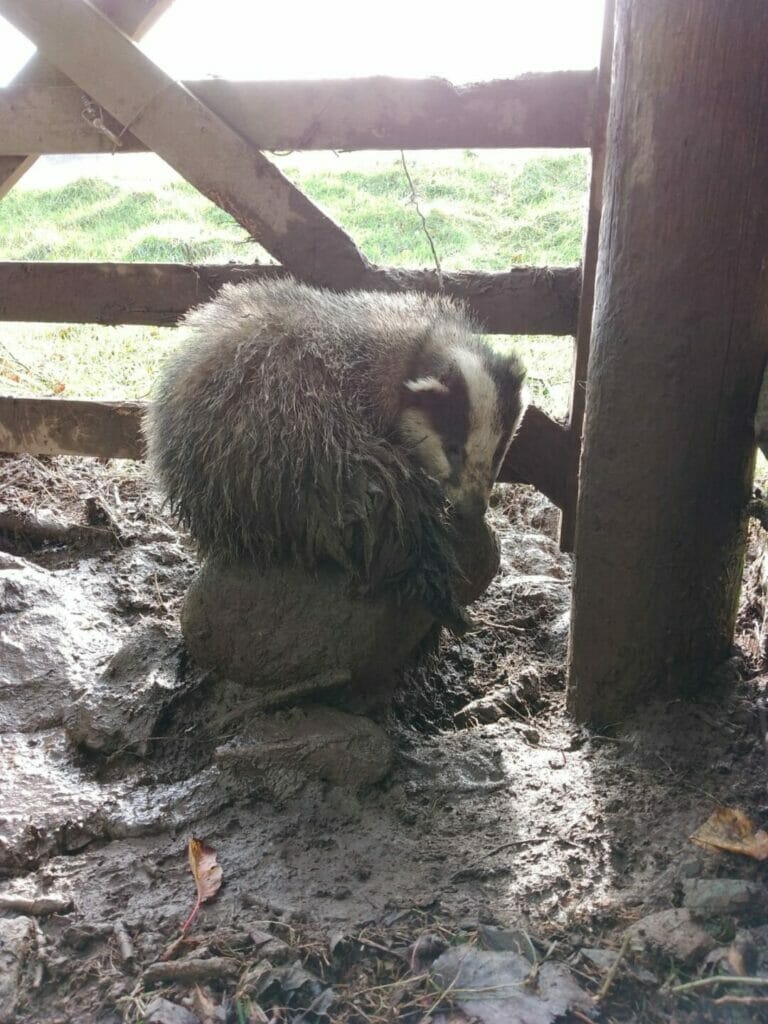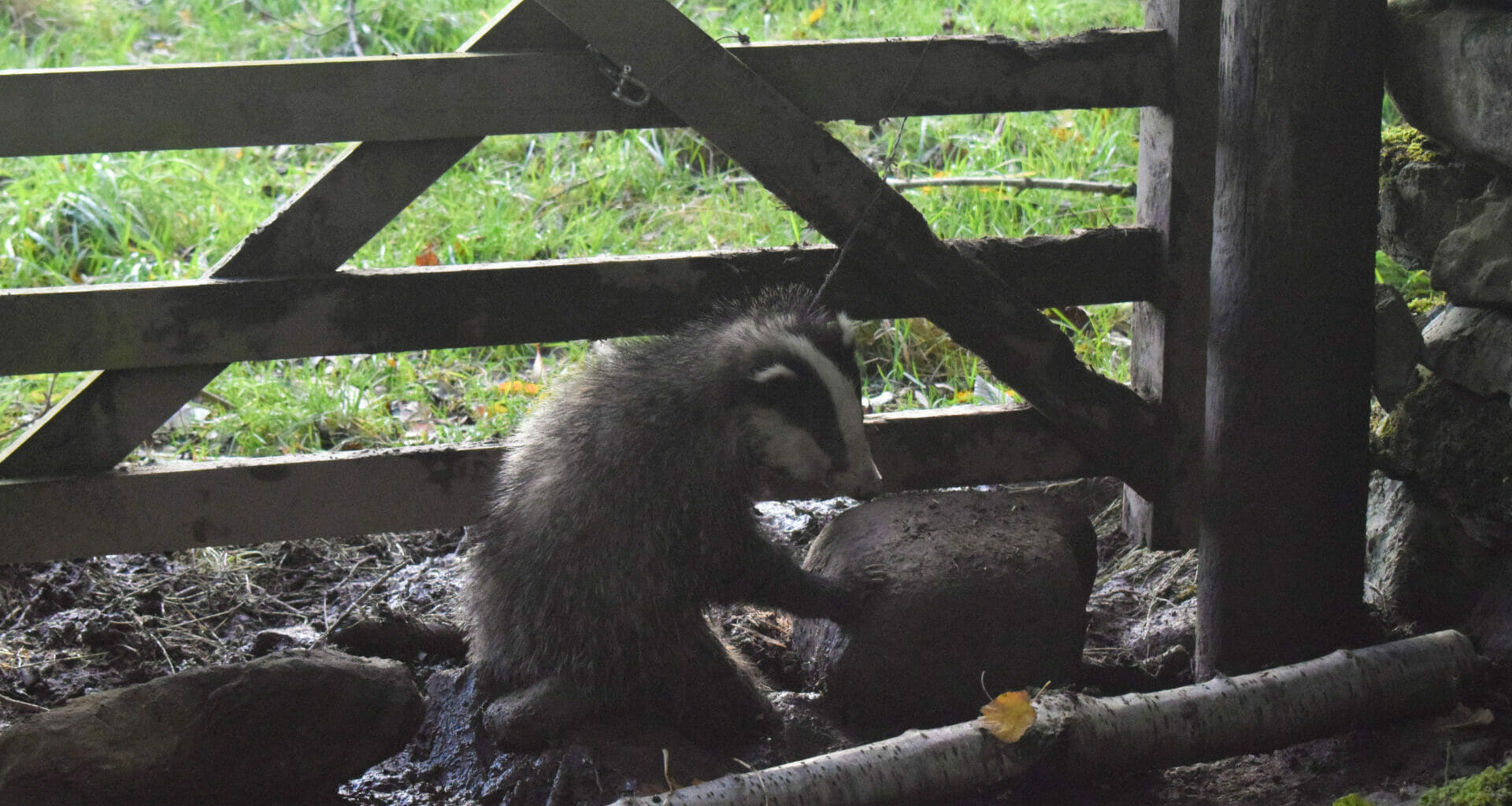Dogs, deer, cats and protected animals such as badgers were among non-target species caught by “cruel and indiscriminate” snares, which can inflict deep wounds, internal organ damage and death.
A new report claims that up to 70 per cent of animals caught in snares last year were not the species the controversial traps are set for.
In one case, a woman discovered her 15-month-old Border Terrier, trapped by his neck in a snare, choking in distress, two and a half hours after the pet had gone missing.
The incident is among those documented in a new report by animal welfare charity, One Kind, which is calling on the Scottish Government to ban the use of snares.
The Scottish Gamekeepers Association said it has been using new “humane cable restraining devices” to improve animal welfare. The Scottish Government said the use of snares is under review.
A snare is a thin loop of wire, anchored and positioned to catch an animal around the neck.
They are mainly used to target foxes on or near grouse moors to protect birds from shooting, and they also target rabbits and hares.
Death may be slow, as snares frequently become twisted or frayed as the animal struggles, leading to strangulation, or the animal succumbing to their injuries.
Eve Massie, OneKind campaigner
Snares are legal in Scotland and there are currently 1906 registered snare operators.
However, the Scottish Government is currently reviewing the impact of snare use, with the possibility they could be banned.
OneKind’s report — SnareWatch Annual Report 2022: Case studies of snare use in the UK — highlights some of the worst snaring incidents during 2022.
In January 2022, an otter pup was killed in Kilsyth, Lanarkshire. The animal was found in the Carron Valley Forest area and later died from its injuries.
Wildlife officers carried out an investigation at the time and police in the Kilsyth area appealed for information.
Elsewhere, a badger was snared in Dumfries and Galloway in November 2022. Alexis Fleming, who runs the Maggie Fleming Animal Hospice in Kirkcudbright, was called to the scene after a member of the public spotted the cub in distress.
Fleming said: “He was hanging by his neck from a wooden gate, half-covered in mud, frantically clawing and chewing at the fence, and it was obvious he’d been there for at least a day, possibly more”.
The charity worker managed to cut the snare from the gate and transport the badger to Hessilhead Wildlife Rescue Centre, in Beith, North Ayrshire, where it recovered.

OneKind campaigner, Eve Massie, said snares can cause trapped animals considerable physical and mental suffering. “Death may be slow, as snares frequently become twisted or frayed as the animal struggles, leading to strangulation, or the animal succumbing to their injuries,” she added.
“They may also suffer from hunger, thirst, exposure and attacks from other animals.”
The Scottish Government is planning to introduce provisions on snaring at Stage 2 of the Wildlife Management and Muirburn (Scotland) Bill and OneKind hopes that a ban on the use of these “archaic traps” may be a “real possibility”.
The Scottish Gamekeepers Association (SGA) said illegal snare use is “abhorrent” and “almost all incidences of animal cruelty” were a result of “non-trained individuals setting crude wire implements”.
A spokesman for SGA added: “This is unacceptable and should not be confused in any way with legal use of snares by trained wildlife managers, pest controllers and field scientists with ID tags obtained from Police Scotland. Cases of illegality in that latter bracket are extremely rare.”
The SGA pointed out it has been working with new humane cable restraining devices which, it claimed, have the potential to change snaring practice and improve welfare, while acknowledging that fox control is an important element of land and conservation management.

“These devices have relaxable technology when a fox is held and allow non-targets such as badgers and deer the ability to break free. Results to date are excellent and we look forward to demonstrating these new devices in due course,” the spokesman for SGA added.
A Scottish Government spokesperson said ministers understand the concerns about the use of snares and why some people want them banned on animal welfare grounds.
“Our recently introduced Wildlife Management and Muirburn Bill aims to end the persecution of birds of prey, ban the use of glue traps for rodents, and tighten regulations for the use of other types of wildlife traps – including snares,” they added.
“A wider review of snaring has been completed and the findings are being considered. In order to allow sufficient time for analysis of this review to be considered, and any necessary consultation, we intend to introduce provisions on snaring at Stage 2 of the Bill.”
Photograph thanks to Alexis Fleming.














